Adam Yates claims first victory in eight months at Valenciana
Mitchelton-Scott rider keen to return to Tour de France in July
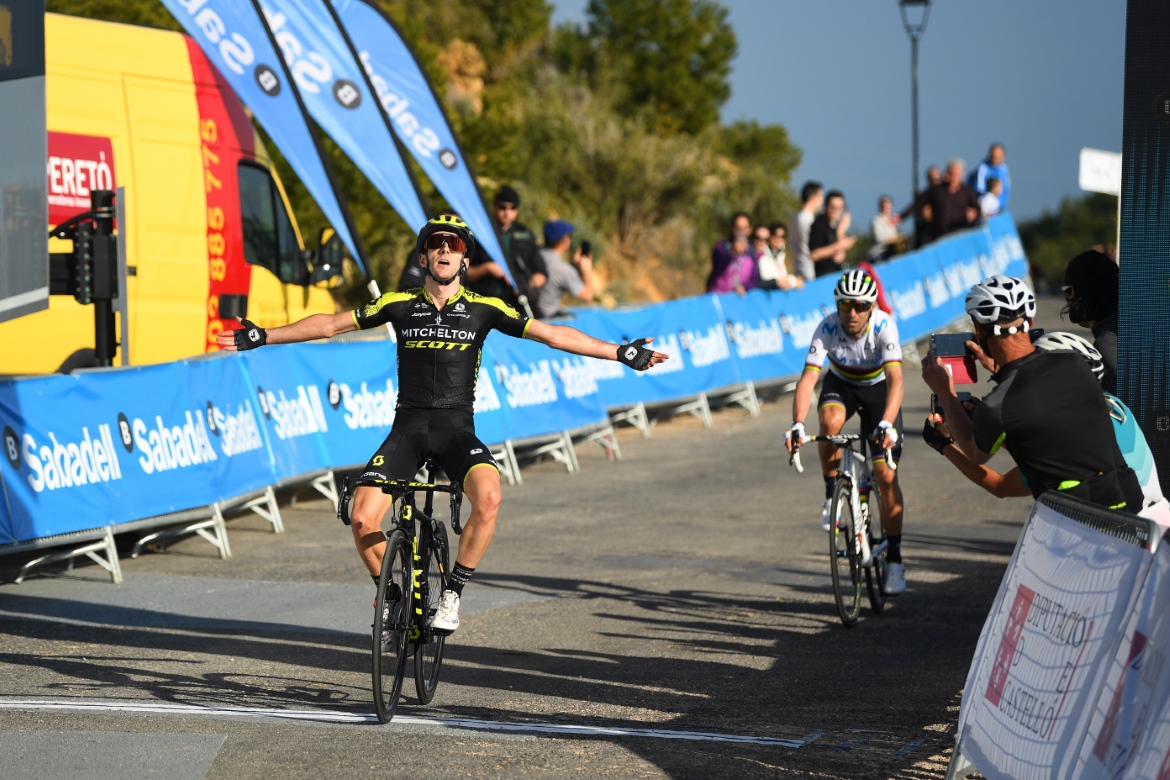
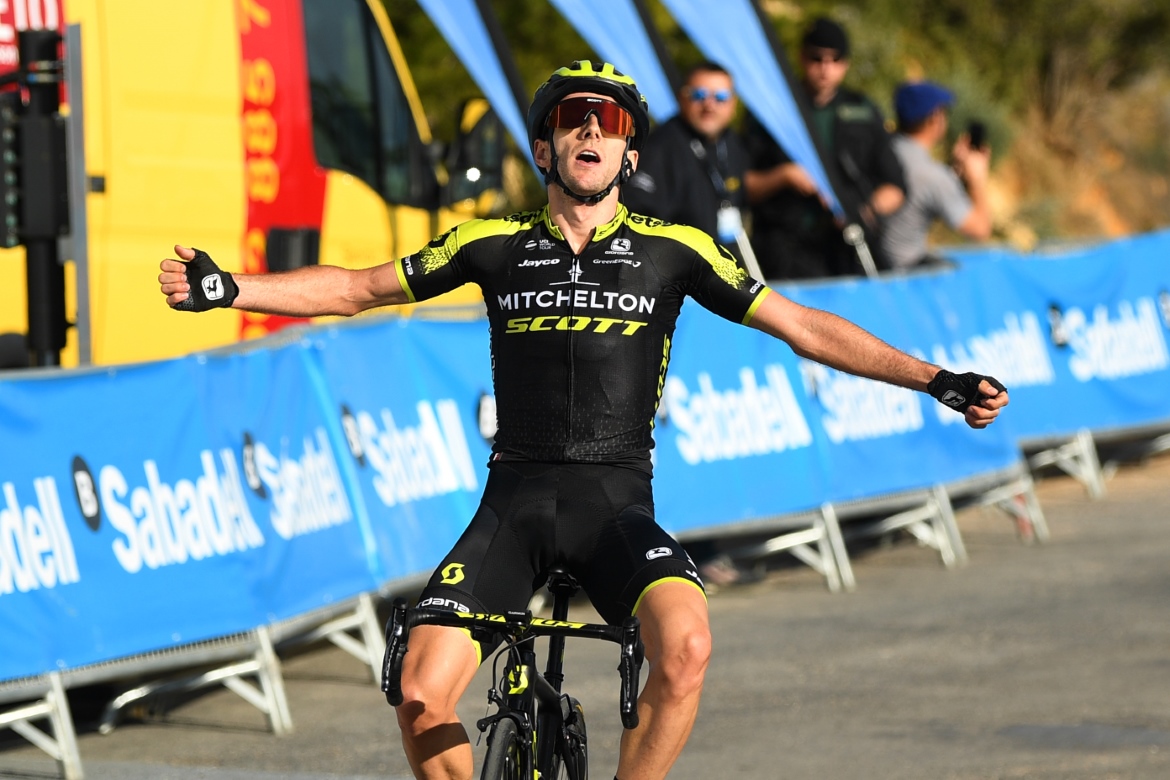
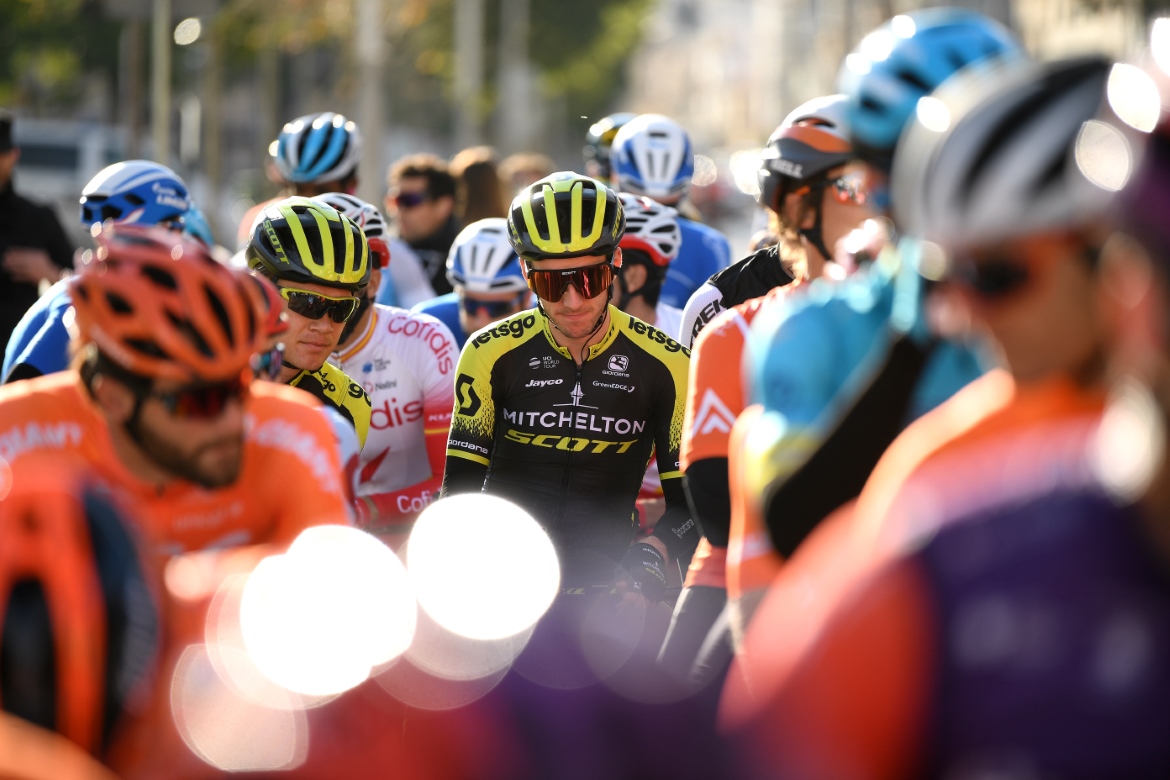
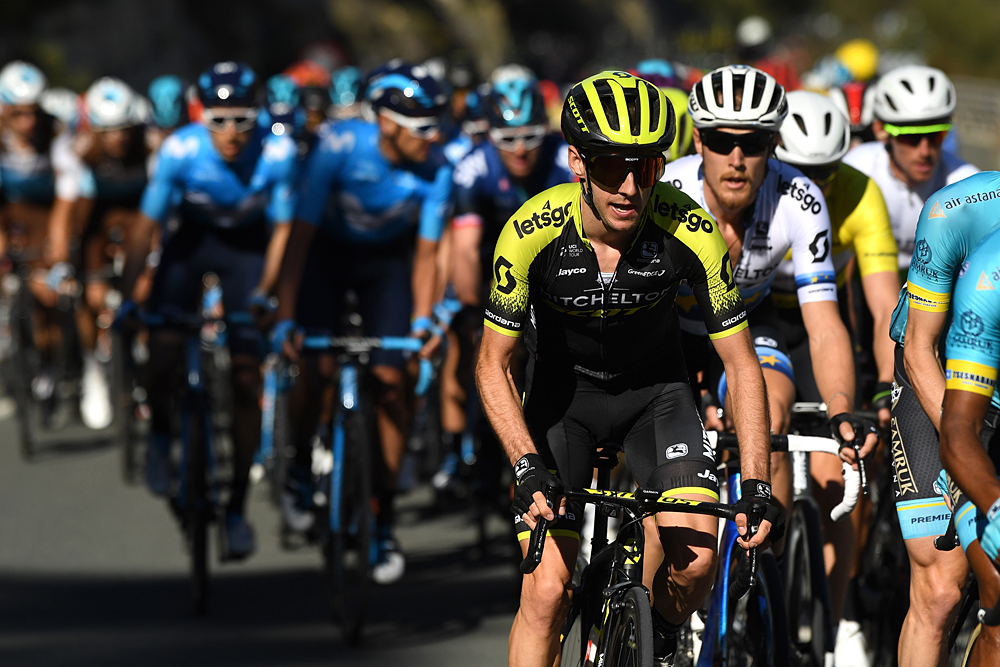
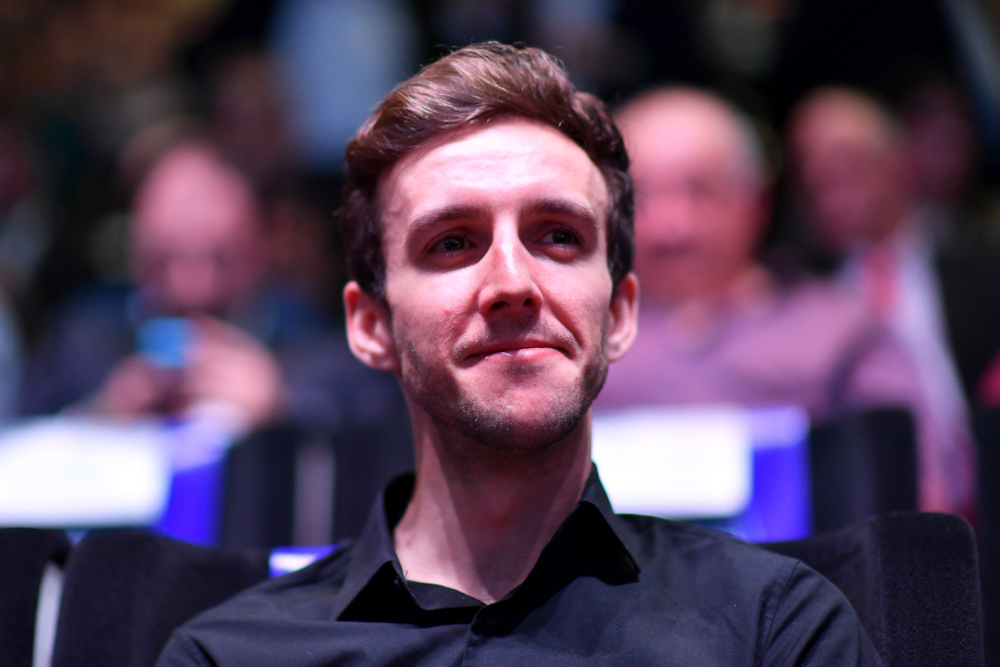
A double attack by Adam Yates (Mitchelton-Scott) on the toughest climb of the Volta a la Comunitat Valenciana has netted the Briton his first victory in eight months.
Yates' previous victory was also a summit victory, coming atop Mont Blanc in the Critérium Du Dauphiné as the 2018 Tour de France loomed into his sights. This time round, his win on the Ermita de Santa Lucía in Valencia has given him fresh motivation and a big morale boost for the whole of 2019.
Yates fended off the race’s key favourite Alejandro Valverde (Movistar) not once but twice on the brutally steep slopes of Santa Lucia. After the Mitchelton-Scott rider attacked with 1.5 kilometres to go, the world champion came across, but Yates promptly went again. Valverde followed him all the way to the line, but was unable to get round him and was forced to settle for second.
"It’s been a really good start to the year, the guys worked well. Since the beginning of season, we’ve been winning bike races," Yates told a small group of reporters as he celebrated Mitchelton-Scott’s seventh win of 2019 and second stage of the Valenciana. "Within the team there’s a lot of good motivation and a lot of good morale, so it’s good to keep the ball rolling.
"It feels like a long time since I’ve got my hands in the air so it’s good to be back. Tomorrow [Sunday] is another stage for Matteo [Trentin] or Luka [Mezgec]. Hopefully we’ll keep the wins coming.”
Yates had a rollercoaster 2018, where his promising early spring was blighted by a big crash midway through the Volta a Catalunya which saw him fracture his pelvis. While he recovered and clinched a second place overall in the Critérium Du Dauphiné, Yates' Tour GC bid went askew, culminating with his crash in the Pyrenees while fighting for a stage win against Julian Alaphilippe (Deceuninck-QuickStep).
Adam then fought back gamely and played a key part in his brother Simon’s victory in the Vuelta a España, but 2018 was a turbulent year nonetheless.
Get The Leadout Newsletter
The latest race content, interviews, features, reviews and expert buying guides, direct to your inbox!
"I’ve always been confident in my ability, it’s just getting everything right, ticking all the boxes, staying committed to the plan," Yates explained to reporters about his fightback from the disappointments of 2018 to win on Valencia’s hardest climb.
"I had a really good off season, it’s all come together, and you do all you can, so I’m really happy."
At the moment, it has been confirmed that Simon Yates will go to the Giro d’Italia, but Adam's Grand Tour program remains under wraps for now. However, when asked a second time, he made it abundantly clear what he would like to be doing in July.
"At the moment I’m not sure about the Tour. I know my start of the year, Tirreno, Catalunya and Basque Country. Tirreno’s always a big goal for me," he said initially.
So, what would decide him about going or not to the Tour, one reporter asked, to which Yates shot back a reply - with a grin - "Management, really."
"Last year was a big disappointment, I’d like to go back and do some big things but we’ll wait and see."
As for how he won on the notoriously difficult Santa Lucia climb, Yates said that his previous experience tackling it – in the first week of the 2017 Vuelta a España – had proved invaluable, although he admitted he was in worse shape back then.
"Last time I started going from too far back and, to be honest, I wasn’t in the same condition now than I was that time, so that helped a little bit," he said with a wry grin. "But I could see there was a lot of waiting and waiting and waiting, cos a lot of the guys knew the climb already.
"So I thought I’d try and go early – I thought I’d try and bridge across because there were a couple of guys up the road. But by the time I got there, they were already starting to struggle.
"I kept going anyhow, and right at the end the Cofidis fella [Jesús Herrada] came round and that was perfect timing because I needed a little break because of the chase. Then it all came together for the win."
Alasdair Fotheringham has been reporting on cycling since 1991. He has covered every Tour de France since 1992 bar one, as well as numerous other bike races of all shapes and sizes, ranging from the Olympic Games in 2008 to the now sadly defunct Subida a Urkiola hill climb in Spain. As well as working for Cyclingnews, he has also written for The Independent, The Guardian, ProCycling, The Express and Reuters.
